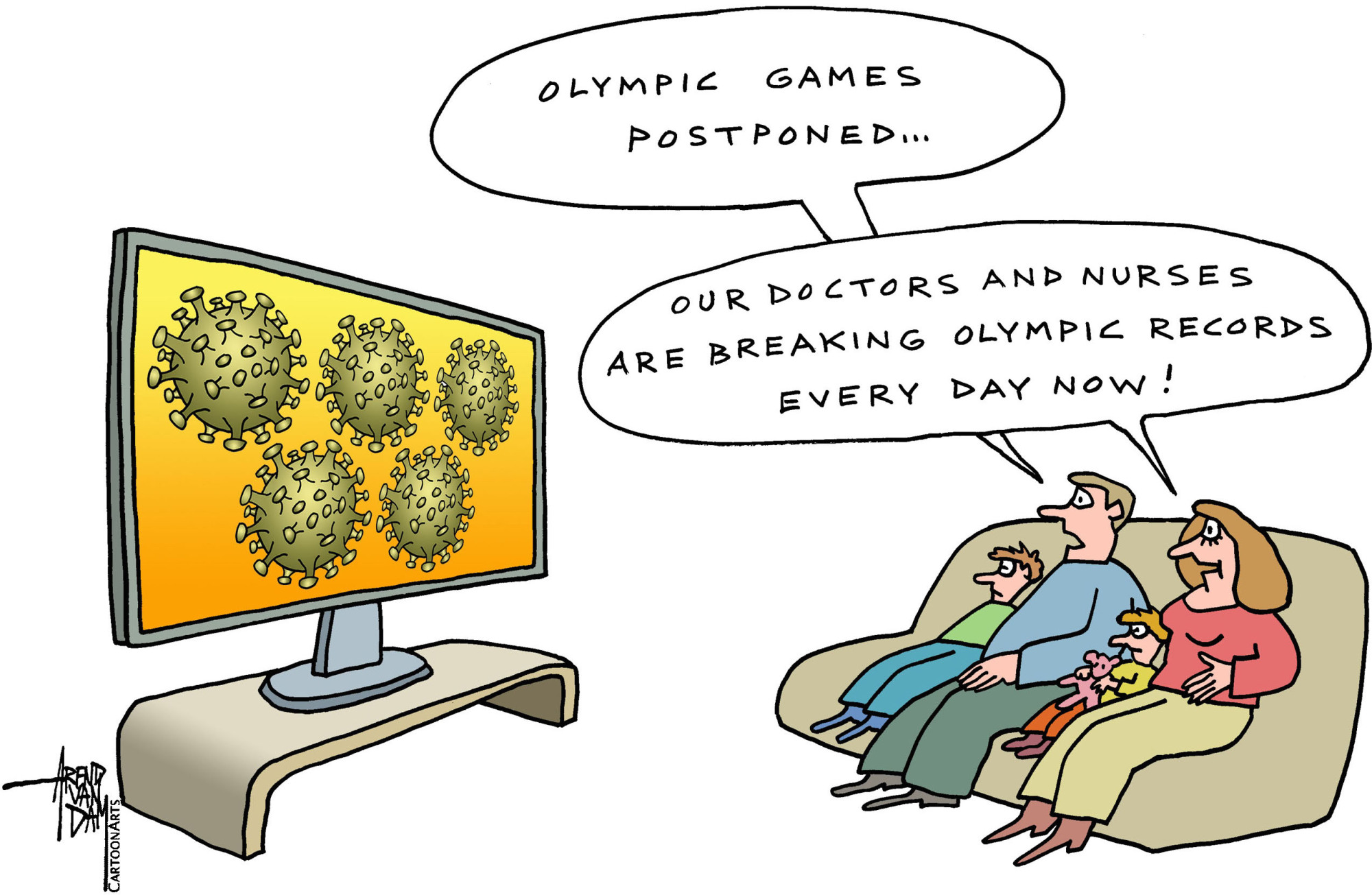Postponing the Tokyo Olympic and Paralympic Games for up to a year until summer 2021 was unavoidable given the growth of the coronavirus pandemic gripping the world, but it is a rational decision that will hopefully ensure fairness for all athletes taking part. Now efforts should shift to organizing the games next year in an environment that is safe for not just the athletes but all of the officials and spectators expected from around the globe.
Even as the International Olympic Committee said just last week that the games would go ahead as planned, it was becoming increasingly clear this would be impossible. The number of people infected with COVID-19 worldwide topped 400,000 this week — double the number of just a week earlier — and more than 20,000 people have died. There was no prospect that the pandemic would subside by July so that Japan, even if it manages to get its domestic outbreak under control, could welcome a huge crowd of spectators to the games. Following the decision, the World Health Organization said it had warned Japan and the IOC that going ahead with the 2020 Games would have exacerbated the pandemic even further.
Pressure from athletes and sports organizations worldwide was building on the IOC to postpone the games, with the national Olympic committees of some countries saying they would not send their athletes to Tokyo if the games were to start in July as scheduled. The pandemic has deprived the athletes of a chance to prepare for the games in optimum conditions. Other major international sports events have been called off, and the cancelation of qualifying events have left the selection of more than 40 percent of the roughly 11,000 athletes who are expected to compete in the Tokyo Olympics undetermined. Holding the games this summer would have been unfair as it would have deprived many athletes of a level playing field.



